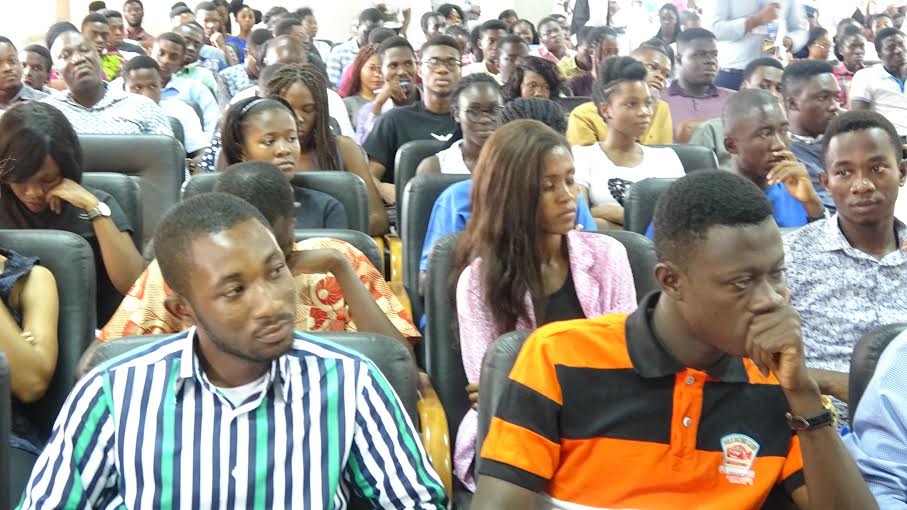A staggering 1.9 million youth in Ghana, aged between 15 and 35, are neither in education, employment, nor training (NEET), according to the 2023 Annual Household Income and Expenditure Survey (AHIES). This alarming statistic underscores the urgent need for policies and programs to address youth unemployment and disengagement in the country.
The report, released by the Ghana Statistical Service (GSS), highlights the growing challenge of integrating young people into the educational and labor markets. “The high number of NEET youth poses significant socio-economic risks, including increased dependency ratios, higher crime rates, and a potential loss of future productivity,” said Prof. Samuel Kobina Annim, Government Statistician, during the report’s unveiling in Accra.
According to the AHIES, the primary factors contributing to the high NEET rate include a mismatch between skills and job opportunities, limited access to quality education and training, and socio-economic barriers that prevent many young people from pursuing further education or entering the workforce. The report also noted regional disparities, with rural areas being particularly affected.
“This situation is a ticking time bomb. We must address the root causes of youth unemployment and disengagement by enhancing vocational and technical education, creating more job opportunities, and providing targeted support to disadvantaged groups,” urged Dr. Rosemond Boahene, an education and labor market expert.
The government has acknowledged the findings of the AHIES report and reiterated its commitment to tackling youth unemployment. In a press statement, Minister of Employment and Labour Relations, Ignatius Baffour-Awuah, outlined several initiatives aimed at addressing the issue. “We are rolling out comprehensive programs, including skills development workshops, entrepreneurship support, and public-private partnerships to create sustainable job opportunities for our youth,” he stated.
However, critics argue that more needs to be done to ensure the effectiveness of these initiatives. “While the government’s efforts are commendable, there is a need for a more holistic approach that involves stakeholders from all sectors, including private industry, educational institutions, and civil society, to create a supportive ecosystem for youth development,” said Bright Simons, a social policy analyst.
The report’s findings have sparked widespread concern among Ghanaians, with many calling for immediate action to prevent the situation from worsening. “Our youth are the future of this country. If we do not invest in them now, we risk undermining our nation’s development prospects,” commented Nana Ofori, a parent and community leader in Kumasi.
As Ghana grapples with the implications of the AHIES report, the focus is now on translating policy into action. Stakeholders across the board agree that addressing the NEET crisis will require a concerted effort and sustained commitment to creating an inclusive and dynamic economy that offers opportunities for all young people.
The 2023 AHIES report serves as a crucial wake-up call for the nation, highlighting the urgent need for innovative solutions to empower Ghana’s youth and secure a brighter future for the country.
story filed by: Nana kwaku Duah





